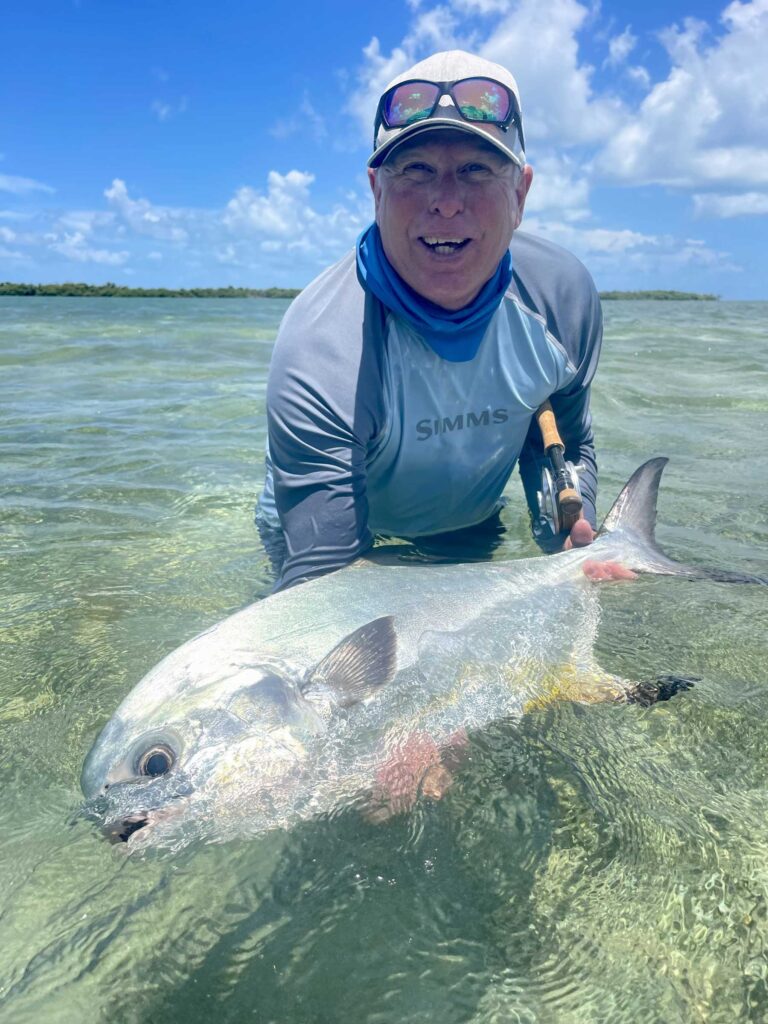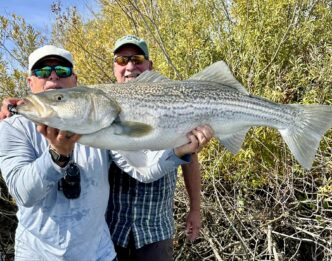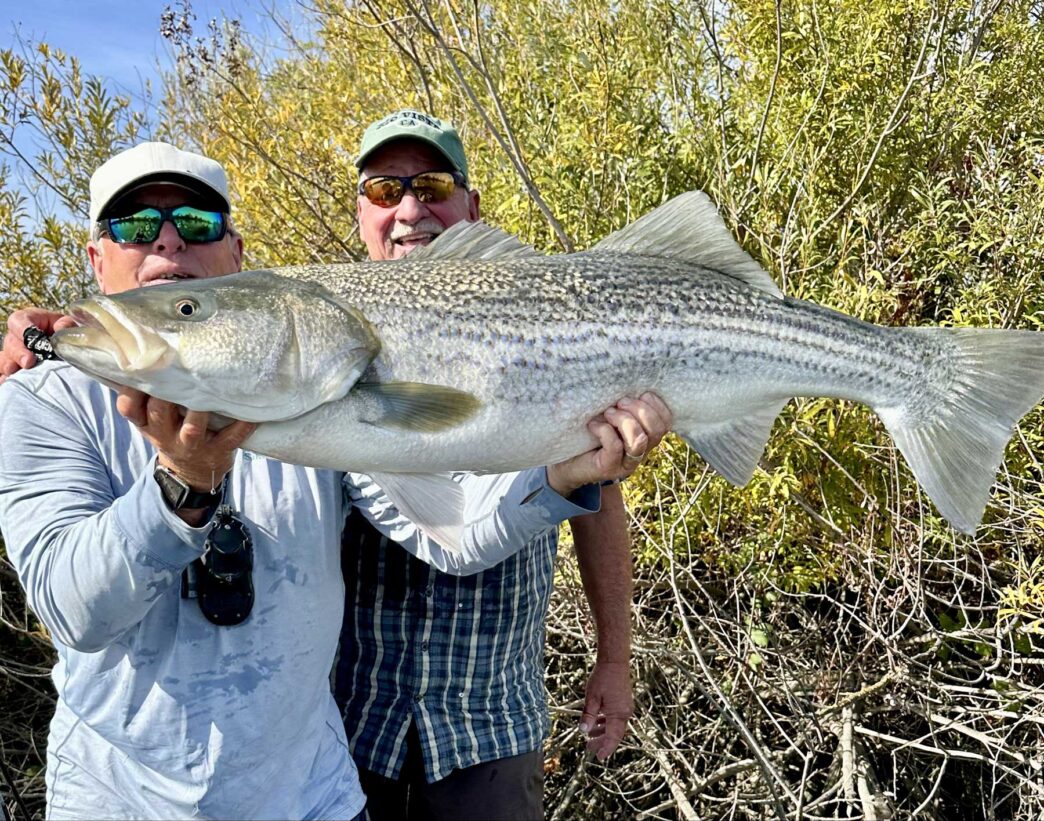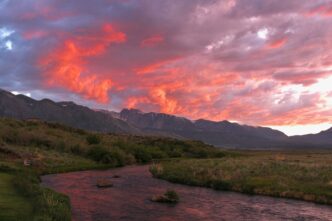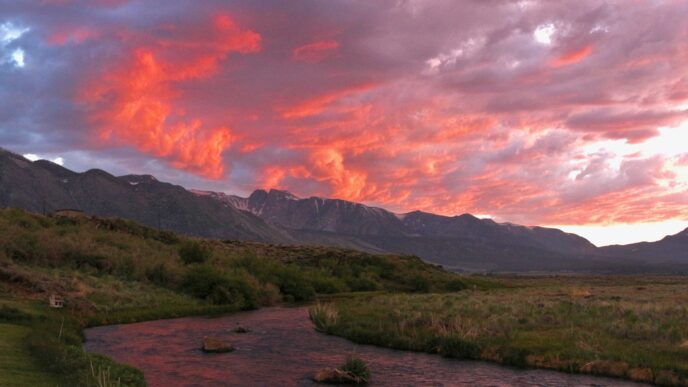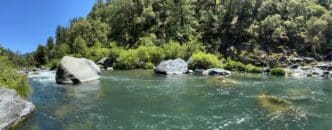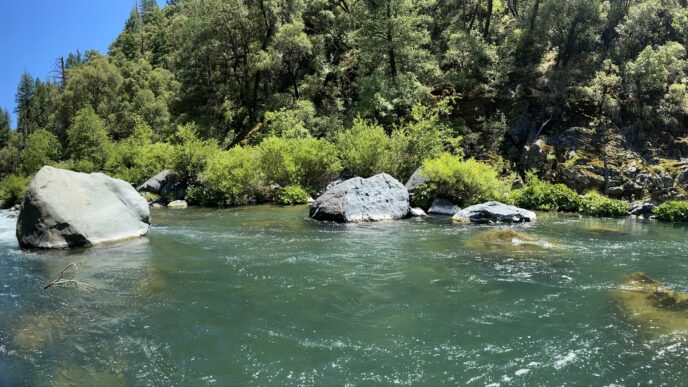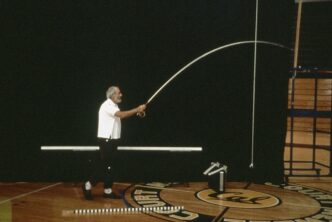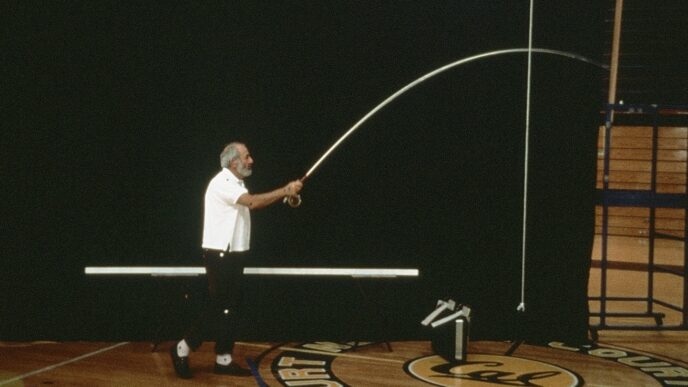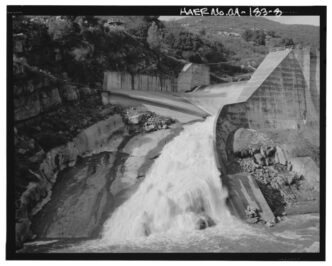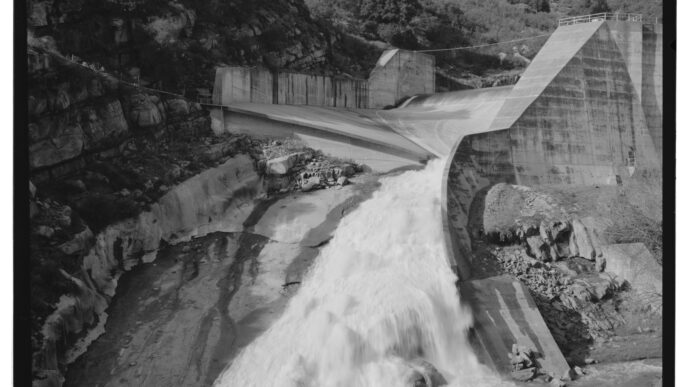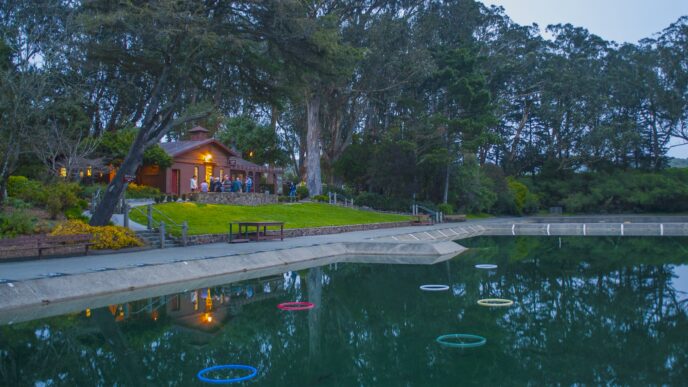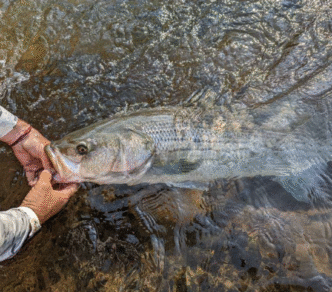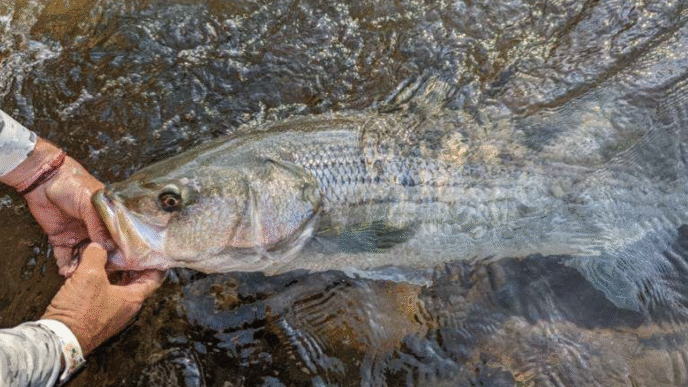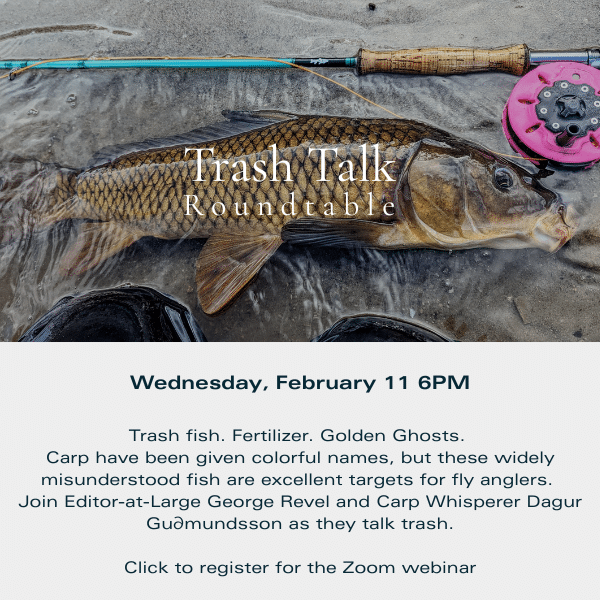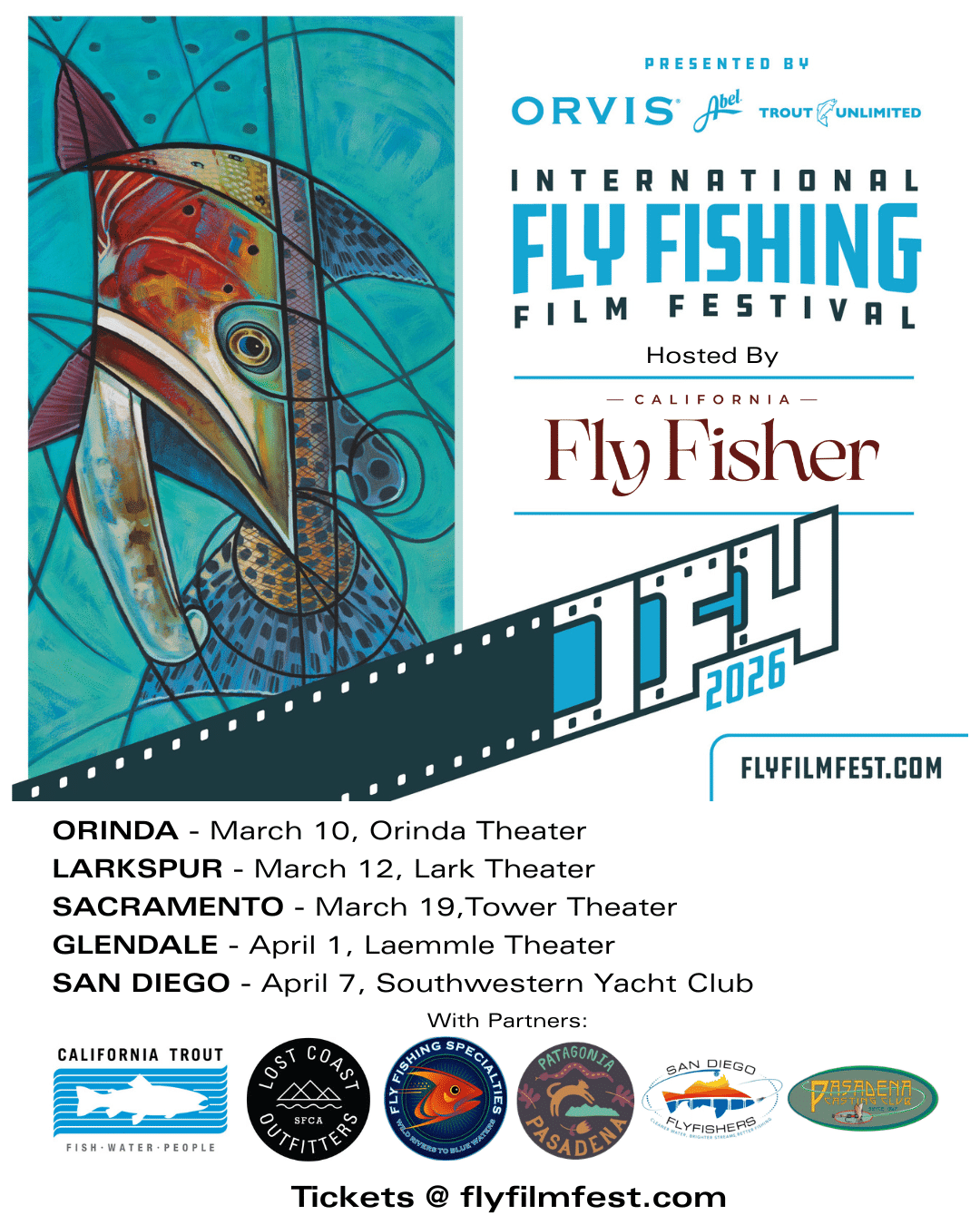Never Give Up
Introduction by Captain Hogan Brown
I was blessed to come up as a guide under one of the best to ever bear the title—Captain Mike Costello. I could probably write a book about the lessons on fishing and life that I learned from Costello over the years I was fortunate enough to spend on the water with him. Not a week goes by that I don’t think, What would Mikey do here…? or remind myself of his unwavering optimism in the face of seemingly insurmountable obstacles.
With that in mind, I asked him how he keeps going when the conditions or fishing are tough—not necessarily the tactical things, like fly changes, but the mental approach to those difficult days. The more time I spend on the water, the more I realize that what separates good guides from great ones is usually not knowledge or skill but their mental fortitude.
We’ve all been there—guides and anglers alike—bent rods, screaming reels, and triumphant hero shots with fish. There’s nothing quite like the euphoric high that comes with success; when we, as fly fishermen, deceive a fish with a fly that sometimes resembles, but often barely imitates, what they actually eat. After all, we’re dealing with a species in the vertebrate animal kingdom that has one of the smallest brains. What could possibly go wrong?
Plenty.
With over 7,000 days spent putting clients on fish, I’d love to say that every day on the water is an astonishing experience—full of sore arms and big smiles. But reality has a way of humbling even the best of us. My longtime friend and fellow guide Earnie Denison of The Fly Shop in Redding once put it best after an easy day of fishing on the Lower Sacramento: “You know, a trained monkey could probably row us down the river and put us on a bunch of trout right now.”
Unfortunately, reality has a way of biting me in the ass—especially when the fish choose not to participate, leaving me shaking my head and muttering to myself. To be perfectly honest, I’m not a fan of those days when the fish give me their version of the middle finger.
Ever since I started guiding back in 1990, I’ve carried an unshakable optimism. Every moment I spend on the water with my clients, whether we’re chasing trout, steelhead, largemouth bass, stripers, tarpon, permit, or bonefish, I refuse to entertain the fear of failure. I focus only on the possibility of success.
That said, there are days when I have no sway in the outcome of my quest—days when my only weapons are determination and a headstrong commitment to not getting blanked. I’m always looking for a window, a brief moment when I can turn a difficult day of fishing into an amazing angling memory. No matter what the outcome of a day’s fishing, I always go down swinging; that next cast could produce the fish of a lifetime.
Now, I’m not saying getting skunked is a bad thing. In fact, it can be humbling—a sharp reminder that we’re not masters of this domain, no matter how much experience we have. But let’s be honest: the beauty, peacefulness, and solitude of fly fishing only go so far. At some point, I need to feel that connection—to a fish, to the primal instinct that drew me to this pursuit in the first place.
Tough fishing days are hard to explain to someone who doesn’t fly fish. Sure, we can blame the weather—rain, wind, muddy water—but what about those perfect days when the river looks alive yet somehow seems to be void of fish for miles around? Those are the days that mess with my head.
It usually starts with confident denial: I hammered them here yesterday. Then, as the hours pass, I start spiraling—questioning where the fish have vanished to and muttering a string of four-letter words under my breath. Next comes bargaining with the “fish gods”—willing to trade just about anything for a single solid grab or witness my indicator getting taken down by even the tiniest of fish. Silently, I make a solemn vow that I will no longer be gluttonous in my pursuit of fish.
When the reality of not catching fish finally sinks in, the depression I experience is very short-lived—because, honestly, it’s hard to be sad doing something you truly love. Finally, accepting a dismal day of fly fishing has its upside—especially when you get to fish as much as I do—because the next day is full of unlimited possibilities.
